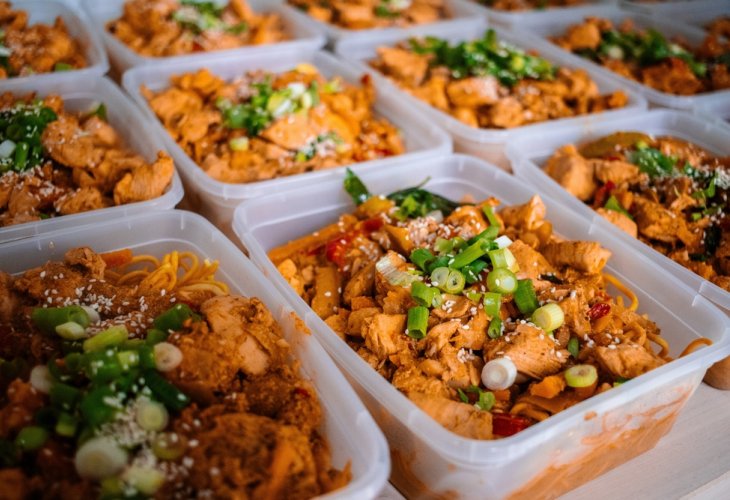Is This Combat Ration Truly Nourishing Soldiers or Posing a Risk?
Soldiers are provided with tuna, peas, beans, and the somewhat divisive kabanos sausage. Why does the IDF choose it, what are its nutritional benefits, and should non-combatants consider eating it?
 (Photo: shutterstock)
(Photo: shutterstock)While Israel is engaged in conflict and its top fighters are stationed in Gaza, along the northern border, and throughout Judea and Samaria, thousands of combat rations are delivered daily. The IDF recently increased the distribution of one particular item, the kabanos sausage, prompting questions about its nutritional value for soldiers. Needless to say, like all rations distributed by the IDF, it is kosher.
According to Amir Vinograd, a clinical dietitian with a Master's degree in Public Health, "It's important to differentiate between foods generally recommended for most people and those suitable for soldiers in the field. While most people are often insufficiently physically active and seek to lose weight, soldiers in the field are highly active and require a high intake of calories and protein. Furthermore, intense physical activity leads to increased sweating, necessitating foods with adequate sodium content."
In a special column for the N12 website, Vinograd explained that "Foods suitable for field consumption should be ready-to-eat or quickly consumable. They need to be calorie- and protein-dense yet compact and should not require special storage like refrigeration or freezing. Ideally, they should also be lightweight."
He noted that combat rations are divided into two categories: canned goods such as tuna, green peas, or white beans, which provide nutrients like vitamins, minerals, and antioxidants; and dry products like halva spreads and chocolate, offering 600 calories per 100 grams to energize soldiers.
Kabanos is a dry product. Not all soldiers like it for various reasons. Its ongoing drying process eliminates the need for refrigeration, facilitating food distribution and providing an advantage in the field. According to Vinograd, "Kabanos is calorie-rich, with 370 calories per 100 grams, derived from about 30 grams of fat (a third of which is saturated) and approximately 20 grams of protein. The carbohydrate content is negligible. Additionally, it contains a high amount of sodium—around 1,000 mg per 100 grams of kabanos."
"When considering whether a food is recommended, it's crucial to ask: for whom? Kabanos is a prime example: we typically wouldn't recommend it for most people. However, for soldiers in the field who are extremely physically active, it can be quite suitable due to its availability, lack of refrigeration requirements, and, most importantly, its ability to meet the nutritional needs of soldiers: many calories packed in a small volume of food, along with high sodium content to compensate for salt loss due to excessive sweating."

